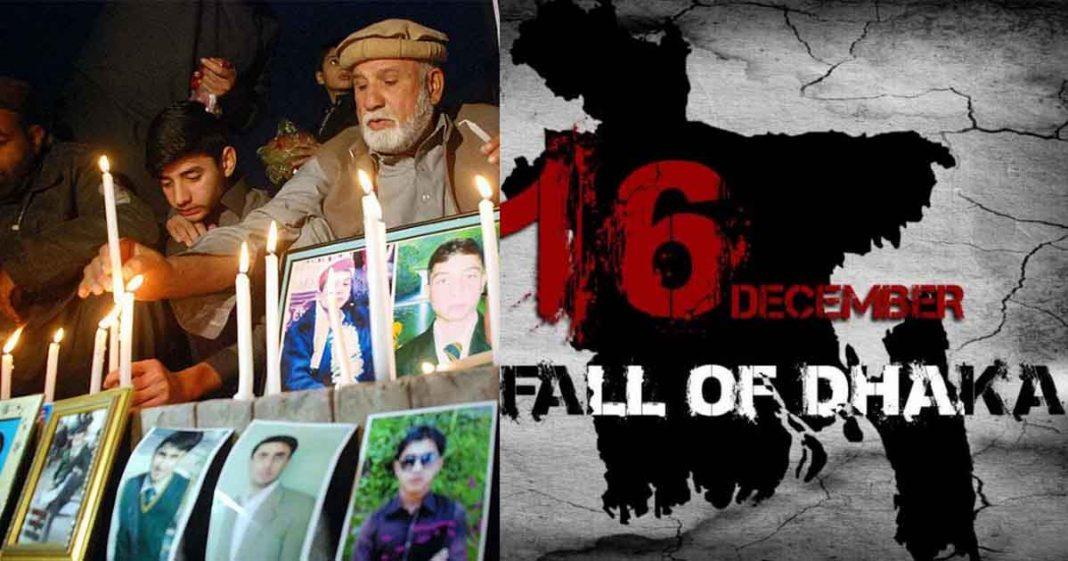
Two Dark Days Of December: A Nation's Heart Still Aches
Ten Years Since the APS Attack: Wounds That Time Cannot Heal
On December 16, 2014, Pakistan witnessed one of the most heinous acts of terrorism when militants stormed the Army Public School in Peshawar. In a cowardly and brutal assault, they killed 147 innocent people, including children, teachers, and the school principal. Ten years later, the grief of the APS victims' families remains as raw as it was that fateful day. Parents continue to hold onto their children's books and school bags, unable to forget the lives that were stolen.
Also Read: Hussain's Story: A Window into Pakistan's Rising Young Smokers and Policy Challenges
Prime Minister Shehbaz Sharif paid tribute to the victims and emphasized that such tragedies expose the true face of terrorism. In his statement, he said:
The Prime Minister vowed that the nation would never allow terrorists to succeed in their malicious objectives, reaffirming the resolve to build a peaceful and secure Pakistan where no child ever faces such a tragedy again.
President Asif Ali Zardari echoed these sentiments, calling the APS attack "a heinous and inhumane crime against the future of the nation." He urged the global community to join hands in eradicating terrorism, saying:
The APS tragedy became a turning point, prompting Pakistan to intensify efforts to combat terrorism. It left an indelible mark on the nation, reminding everyone of the high price of peace and the need for continued vigilance.
December 16, 1971: The Day Pakistan Was Torn ApartDecember 16, 1971, marks another day of sorrow, when Pakistan lost its eastern wing, leading to the creation of Bangladesh. Fifty-three years have passed since the fall of Dhaka, yet the pain of this loss remains etched in the collective memory of the nation.
The seeds of the tragedy were sown during the 1970 general elections, which created political tensions between East and West Pakistan. The situation escalated into a civil war, exacerbated by India's intervention, ultimately disintegrating the country.
The fall of Dhaka is remembered as a dark chapter in Pakistan's history, serving as a lesson in unity, political prudence, and awareness of external threats. Every year, December 16 is observed with ceremonies and discussions, reminding the nation to learn from its past and stay vigilant against divisive forces.
"We Will Never Forget, We Will Never Forgive"Both the APS attack and the fall of Dhaka represent significant losses for Pakistan, each in its own way-a loss of young lives in one, and the loss of a nation's integrity in the other. Yet, these tragedies also highlight the resilience and strength of the Pakistani people.
As Pakistan observes December 16, it does so with a solemn pledge to honor the sacrifices of its martyrs and to strive for a peaceful, united, and prosperous future. These memories, though painful, are a reminder of the cost of division and the need to protect the country from all forms of extremism and violence.
This day remains a call to action for the people and leaders of Pakistan to remain steadfast, learn from history, and work tirelessly to ensure that such dark days are never repeated.

Legal Disclaimer:
MENAFN provides the
information “as is” without warranty of any kind. We do not accept
any responsibility or liability for the accuracy, content, images,
videos, licenses, completeness, legality, or reliability of the information
contained in this article. If you have any complaints or copyright
issues related to this article, kindly contact the provider above.


















Comments
No comment